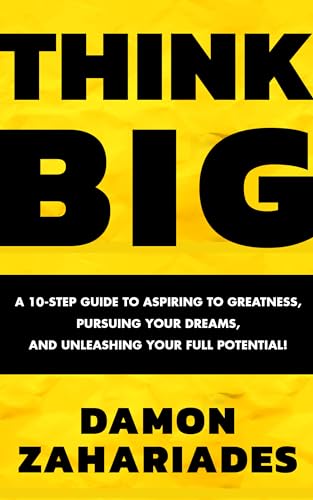Twelve Powers of Man; Classic Christian Book for Readers (Annotated) by Charles Fillmore includes author's biography with active table of content.Charles Fillmore's The Twelve Powers of Man is a metaphysical look at twelve expressions of the divine power inherent in each of us. Expressions such as love, faith, strength, zeal, and imagination are discussed. Explore the 12 fundamental attributes of Divine Mind that form our spiritual nature and express themselves through our minds as divine ideas and faculties.Charles Fillmore (August 22, 1854 - July 5, 1948), born in St. Cloud, Minnesota, founded Unity, a church within the New Thought movement, with his wife, Myrtle Page Fillmore, in 1889. He became known as an American mystic for his contributions to metaphysical interpretations of Biblical scripture.About the AuthorCharles Sherlock Fillmore (1854 –1948), born in St. Cloud, Minnesota, founded Unity, a church within the New Thought movement, with his wife, Myrtle Page Fillmore, in 1889. He became known as an American mystic for his contributions to metaphysical interpretations of Biblical scripture. An ice skating accident when he was ten broke Fillmore's hip and left him with life-long disabilities. He met his future wife, Mary Caroline Page, known as Myrtle, in Denison, Texas in the mid-1870s. After losing his job there, he moved to Gunnison, Colorado where he worked at mining and real estate. He married Myrtle in Clinton, Missouri on March 29, 1881 and the newlyweds moved to Pueblo, Colorado, where Charles established a real estate business with the brother-in-law of Nona Lovell Brooks, who was later to found the Church of Divine Science. After the births of their first two sons, Lowell Page and Waldo Rickert Fillmore, the family moved to Kansas City, Missouri. Two years later, in 1886, Charles and Myrtle attended New Thought classes held by Dr. E. B. Weeks. Myrtle subsequently recovered from chronic tuberculosis and attributed her recovery to her use of prayer and other methods learned in Weeks's classes. Subsequently Charles began to heal from his childhood accident, a development which he too attributed to following this philosophy. Charles Fillmore became a devoted student of philosophy and religion. In 1889, Charles left his business to focus entirely on a prayer group that would later be called 'Silent Unity'. It was named this because of a legal conflict with Mary Baker Eddy over the use of the title Christian Science. That same year he began publication of a new periodical, 'Modern Thought', notable among other things as the first publication to accept for publication the writings of the then 27-year-old New Thought pioneer William Walker Atkinson. Although Charles had no intention of making Unity into a denomination, his students wanted a more organized group. He and his wife were among the first ordained Unity ministers in 1906. Charles and Myrtle Fillmore operated the Unity organization from a campus near downtown Kansas City.


